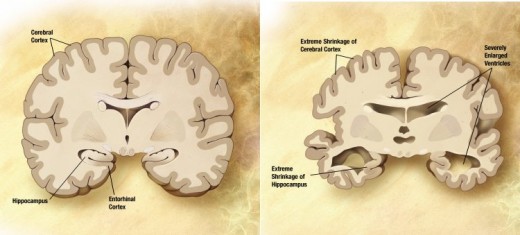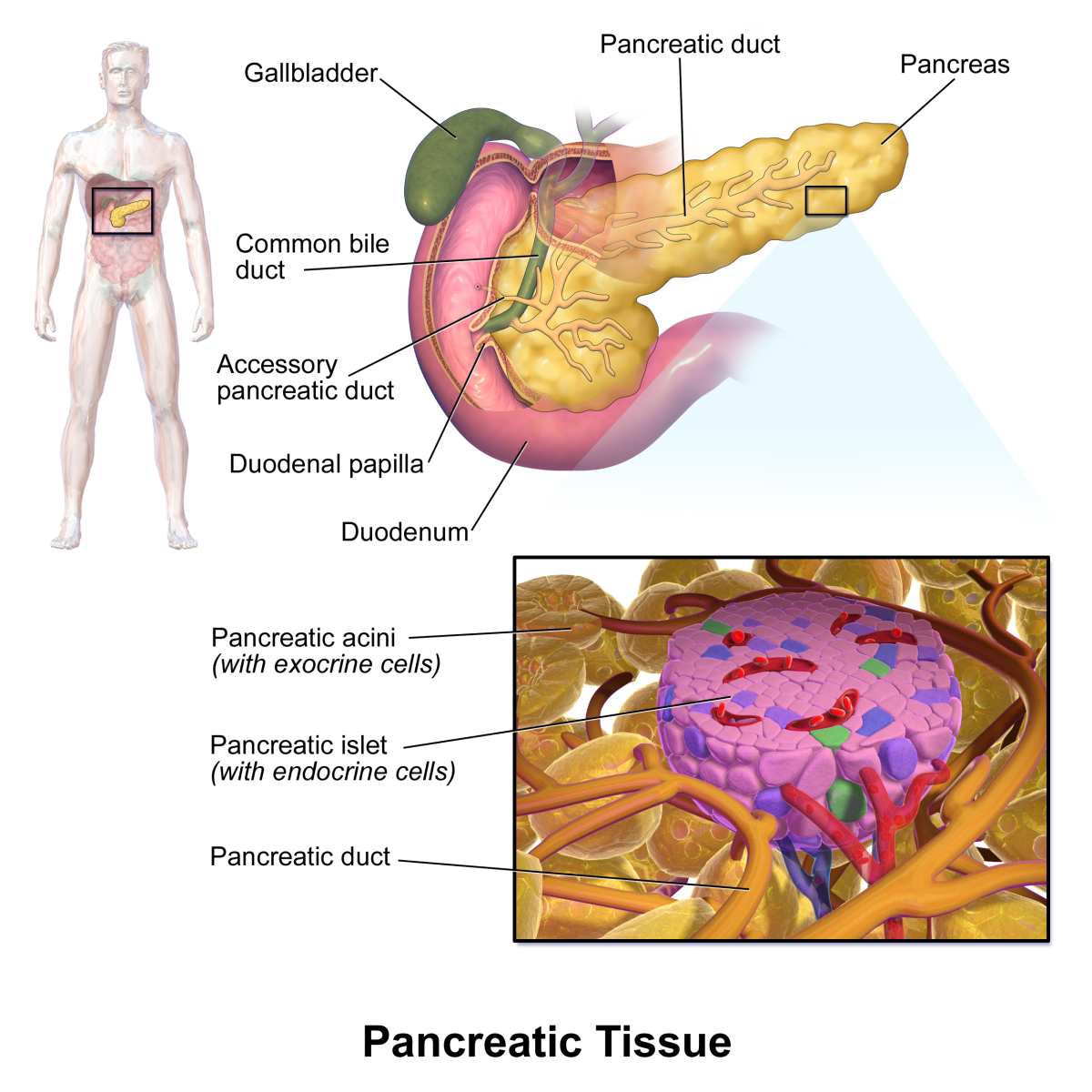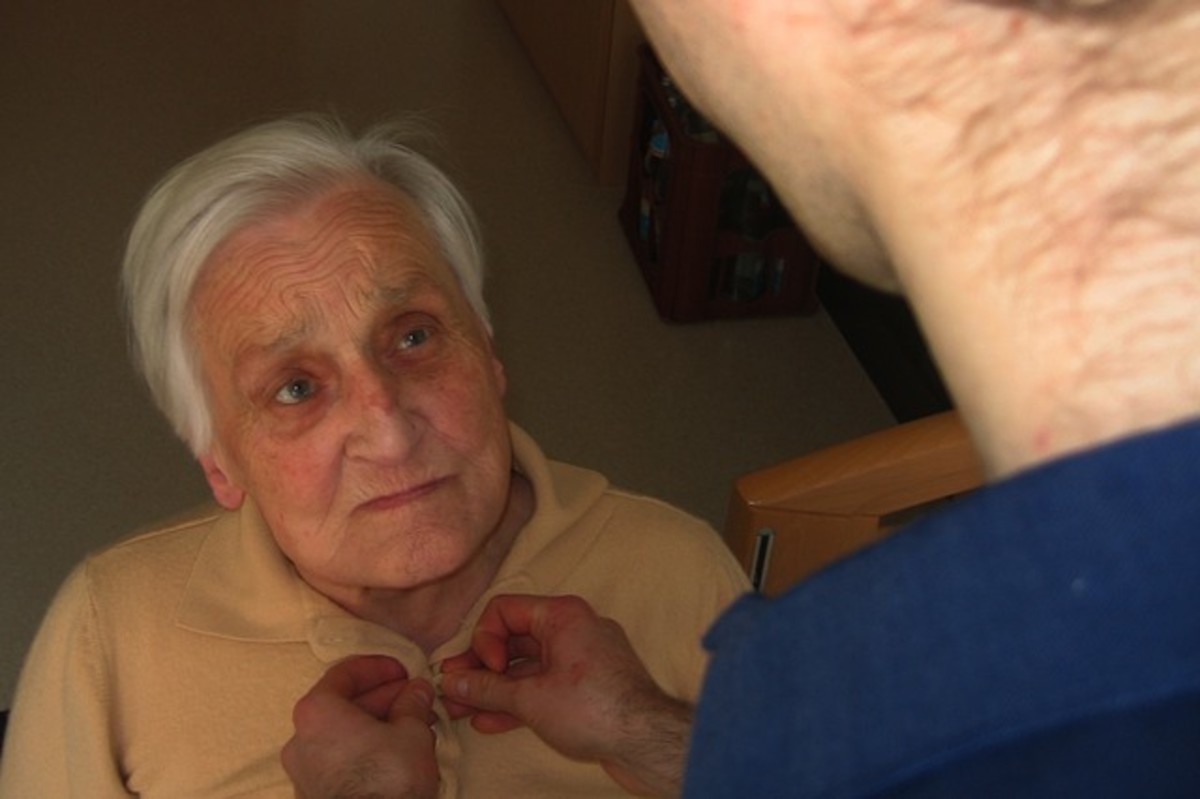Alzheimer's Disease Treated with Art
What is Alzheimer's Disease
Alzheimer's Disease (AD) is an incurable, terminal, and degenerative disease first described by German psychiatrist and neuropathologist Alois Alzheimer in 1906. The disease is, of course, named for him. It is typically diagnosed in people over the age of sixty-five (65) years of age, but can also be found in people younger than that. In those suffering Alzheimer's before the age of 65 it is called early-onset Alzheimer's.
As of September 2009, this number of reported cases worldwide is thought to be thirty-five million (35,000,000) persons. Projections are that by 2050 one hundred seven million (107,000,000) people will suffer from Alzheimer's.
Symptoms
As with many other diseases, Alzheimer's disease is distinct for every sufferer. Despite this there are many shared symptoms.
Near-Term Symptoms:
- Short-Term Memory loss
- Confusion
- Irritability and aggression
- Mood swings
Chronic Symptoms:
- Language difficulties
- Long-term memory loss
- Social withdrawal
Long-Term Symptoms include:
- Loss of bodily functions leading to death
Since each individual case of AD is unique, a prognosis is difficult if not impossible to determine. It is known that AD develops for an indeterminate period of time before becoming fully apparent and can advance unnoticed for years.
The mean life expectancy following diagnosis is approximately seven (7) years. This is highly variable though since each individual case is unique. Only three (3%) percent of individuals diagnosed with AD live more than fourteen years after diagnosis.

Causes and Treatment of Alzheimer's Disease
In truth, the cause and progression of AD is not known. Research points to plaques and tangles in the neurons in the brain. But the root cause of these anomalies is not known.
Current treatments only offer relief from the symptoms, but no cure. To date the progression of the disease may be slowed, but a decline is inevitable. Though there are currently five hundred (500) treatment trials under investigation, none can seen as definitive in slowing or halting the advance of AD.
Life-style habits have been proposed for prevention of AD, but there is a lack of quantifiable evidence that any of these life-style changes have a lasting effect. Among these recommendations are:
These recommendations are seen as both preventative and effective in case management. Because there is no known cure for AD patient management is the primary focus.
Patient management is the primary role of the main caregiver, duties often taken up by a spouse or close relative. In developed countries AD is one of the most costly diseases to manage. Management of the patient often impacts the social, psychological, physical, and economic elements of the caregiver.
One aspect of AD progression is that communication becomes a challenge.Words, thought processes, and language skills will be forgotten. Words the patient used to understand and recognize will sound like nonsense. Long term memories become clouded or are lost forever.
This often leads the AD sufferer to anger and agitation. They will speak less often or in some cases go mute. Expression will become nearly impossible.
Art Therapy
Participatory
Recent research involving art and Alzheimer's disease may prove useful.
Art has long been known as a form of symbolic communication. Art therapy practitioners apply this knowledge by encouraging AD sufferers to paint. This may promote interpretive and expressive abilities that the patient has otherwise lost the ability to express. e.g. the AD victim is encouraged to communicate through their art.
This form of therapy has been able to demonstrate a new avenue of communication, but also seems to help AD sufferers with concentration. The renewed concentration, in turn, seems to reduce anxiety, and aid in the reduction of mood swings and irritability.
It was also found that when AD patients are encouraged to paint in group settings there tends to be more social interaction.
Appreciation
It has also been shown that AD sufferers who visit a museum once a week also benefit. Health-care workers liken the experience to a weekly dose of drug therapy where the patient's communication and social skills are rejuvenated by the mere experience of viewing art. Often AD sufferers, when asked about viewing a particular painting or drawing, find themselves able to express a memory or remembrance of a pleasurable event.
This has lead some researchers to speculate that victims of AD don't really lose memories, but are somehow prevented from recalling them.








